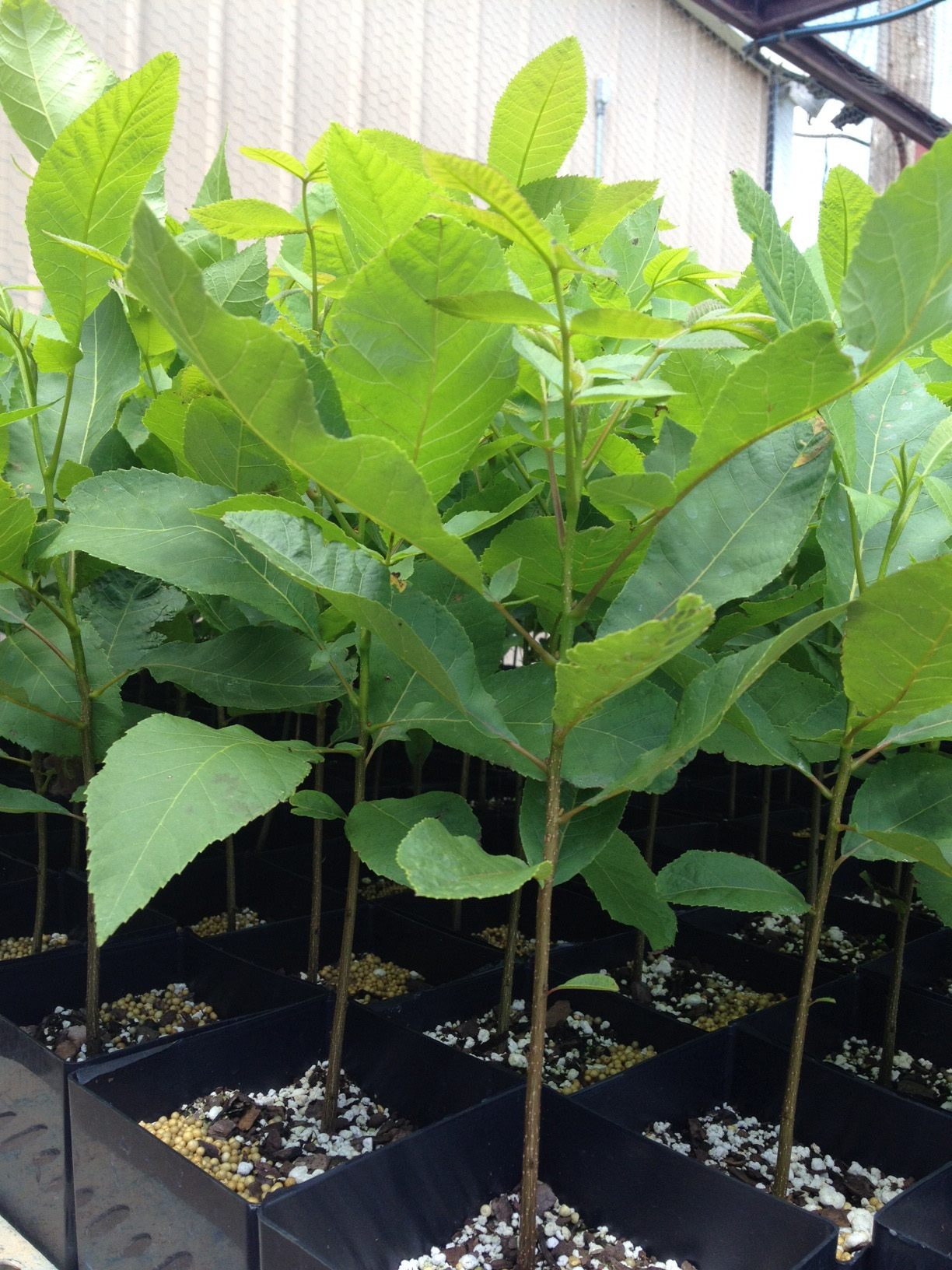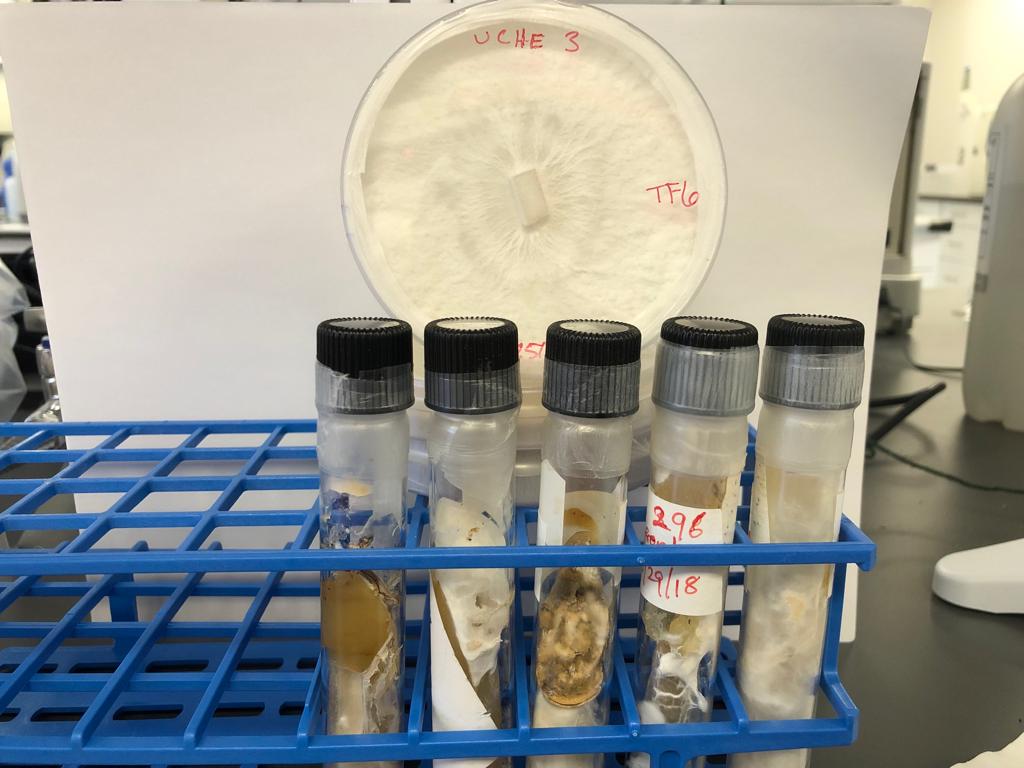Mycorrhizal Truffle

Mycorrhizal Truffle
Truffle-Inoculated Seedlings


Truffle-Inoculated Seedlings
Truffle-inoculated loblolly pine seedlings
Co-cropping truffles with loblolly pine can provide growers with an additional $110,000 of income per acre over the truffle production cycle. Loblolly pine forests have better survival rates against factors such as drought and other weather extremes when they are highly mycorrhized. Mycorrhiza Biotech uses patent-pending micro-propagation and biotechnology protocols to propagate loblolly pine seedlings inoculated with Tuber borchii. We use DNA-based techniques to confirm the presence and level of mycorrhization. Once the presence of Tuber borchii is confirmed they are ready for planting in the prepared site. The process from germination to planting takes between nine and twelve months.
Soil test for competing fungi
Soil to be used for truffle farming may already have other truffle forming fungi of no economic importance, which can compete against the truffle fungus that a farmer wants to cultivate. Some indegenous truffles can be detrimental to the farming enterprise. Therefore, before a farmer invests in inoculated seedlings and extensive site preparation, it is critical that the soil is tested to determine the presence or absence of indegenous fungi in the tuber family and other mycorrizal fungi.


Truffle Seedling Certification
The truffle production cycle takes up to nine years creating huge risks for truffle farmers. Due to these and other risks associated with truffle farming, farmers and seedling producers would benefit from authentication of the presence of the desired truffle forming fungi on seedlings prior to sale or purchase. MBT can analyze seedlings before they are purchased or sold and certify the presence of the desired truffle forming fungi.
Competing fungi detection
Indigenous micro flora may have mycorrhizal forming fungi especially those in the tuberales family that competes with the desired truffle forming fungi (in seedlings) and in many cases eliminates the desired fungi. Before establishing a truffle farm the farmer should determine if competing fungi exist.
MBT has the molecular biology based technique to sample soil and existing trees to detect possible competing fungi in the desired location(s).
Truffle forming fungi detection
Truffle forming fungi have mycorrhizal relationships with host trees. Certain types of truffles have gained significant market value outside of farming with some garnering wholesale prices of $500 per pound.
Farmers seeking alternative crops are cultivating truffle farms. Subsequently, a niche market has formed to supply farmers with seedlings inoculated with truffle-forming fungi. However, according to a recent article in the New York Times Starting a truffle farm is a long-term investment with huge risks. March 1, 2006. Seedlings are expensive as well as other long-term costs associated with truffle farming.
MBT has perfected a molecular biology-based method for detecting truffle forming fungi DNA in seedlings and trees in established truffle farms to help farmers mitigate the risks of truffle farming.

